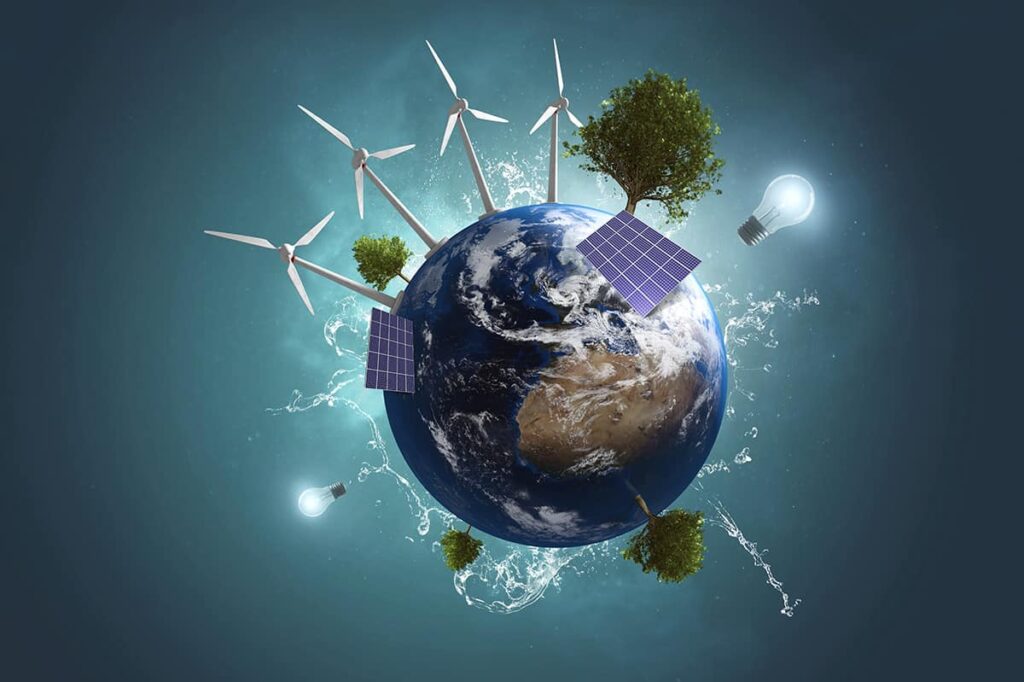The Changing Landscape of Energy Production
The global energy sector is undergoing a profound transformation as countries seek to reduce their dependence on fossil fuels and embrace cleaner, more sustainable alternatives. This shift is not merely a response to environmental concerns but also a strategic move driven by economic and geopolitical factors. Nations across the world, from Canada to China, are recalibrating their energy policies to ensure long-term stability while minimizing their carbon footprint.
The growing urgency of climate change, coupled with advances in renewable technologies, has accelerated this transition. Governments and corporations are investing in wind, solar, and hydrogen energy, while also exploring nuclear power as a viable low-carbon option. At the same time, traditional energy-producing nations are finding themselves at a crossroads, forced to balance economic interests with international pressure to decarbonize.
The Role of Renewable Energy
Renewable energy sources are at the forefront of this transformation. Solar and wind energy have experienced exponential growth, thanks to technological advancements that have driven down costs and improved efficiency. Countries with abundant natural resources, such as those with high solar exposure or strong wind currents, are capitalizing on these advantages to boost domestic energy production.
Storage technology has become a key component in making renewables more reliable. The intermittency of solar and wind power has historically posed challenges, but new developments in battery storage and grid management systems are addressing these concerns. Innovations in lithium-ion batteries and emerging technologies like solid-state batteries promise to revolutionize the way energy is stored and distributed.

The Geopolitical Impact of Energy Transition
The global shift towards renewable energy has significant geopolitical implications. Traditional oil-exporting nations are facing declining demand, leading to economic adjustments and diplomatic repositioning. Countries that once held significant power due to their fossil fuel reserves are now exploring new economic strategies to maintain global influence.
Meanwhile, nations investing heavily in renewable energy are emerging as new leaders in the global energy market. The competition for critical minerals required for renewable technologies, such as lithium, cobalt, and rare earth elements, is intensifying. This has led to new economic alliances and trade policies that prioritize securing these essential resources.
Nuclear Energy: A Controversial but Necessary Solution?
Despite the focus on renewables, nuclear energy is gaining renewed interest as a low-carbon alternative. Many nations are reconsidering their stance on nuclear power, recognizing its potential to provide a stable and continuous energy supply without the intermittency issues associated with wind and solar.
New advancements in nuclear technology, such as small modular reactors (SMRs), promise safer and more cost-effective solutions compared to traditional nuclear plants. However, concerns over waste disposal, high initial costs, and public opposition continue to pose challenges. The debate over nuclear energy remains highly polarized, with some viewing it as an essential component of a sustainable energy future and others advocating for a full transition to renewables.
The Economic Consequences of the Energy Shift
The transition away from fossil fuels is not without economic consequences. Industries that rely heavily on oil, coal, and natural gas are facing significant disruptions. Workers in these sectors must adapt to new job markets, often requiring retraining in renewable energy or other emerging industries.
At the same time, the renewable energy sector is creating new economic opportunities. Investments in wind farms, solar plants, and hydrogen infrastructure are generating employment and driving technological innovation. Governments are implementing policies to support this transition, offering incentives for companies that invest in green energy while imposing stricter regulations on fossil fuel emissions.
The Future of Energy: Challenges and Opportunities
The future of global energy lies in a diversified and resilient approach that incorporates multiple sources. While renewables will play a dominant role, a combination of nuclear, hydrogen, and advanced storage solutions will likely be necessary to ensure energy security.
One of the biggest challenges moving forward is the need for a coordinated international effort. Energy policies vary widely from country to country, making it difficult to establish a unified strategy. Collaboration on research, resource management, and infrastructure development will be essential for a successful transition.
Public perception also plays a crucial role. As governments push for cleaner energy, they must ensure that policies are both economically viable and socially acceptable. Balancing environmental goals with economic realities remains one of the defining challenges of the energy transition.
The coming decades will determine the shape of the global energy landscape. The choices made today will have lasting effects on economic stability, environmental sustainability, and geopolitical power structures. As nations continue to adapt to this new era, the world will witness a fundamental shift in the way energy is produced, consumed, and valued.
